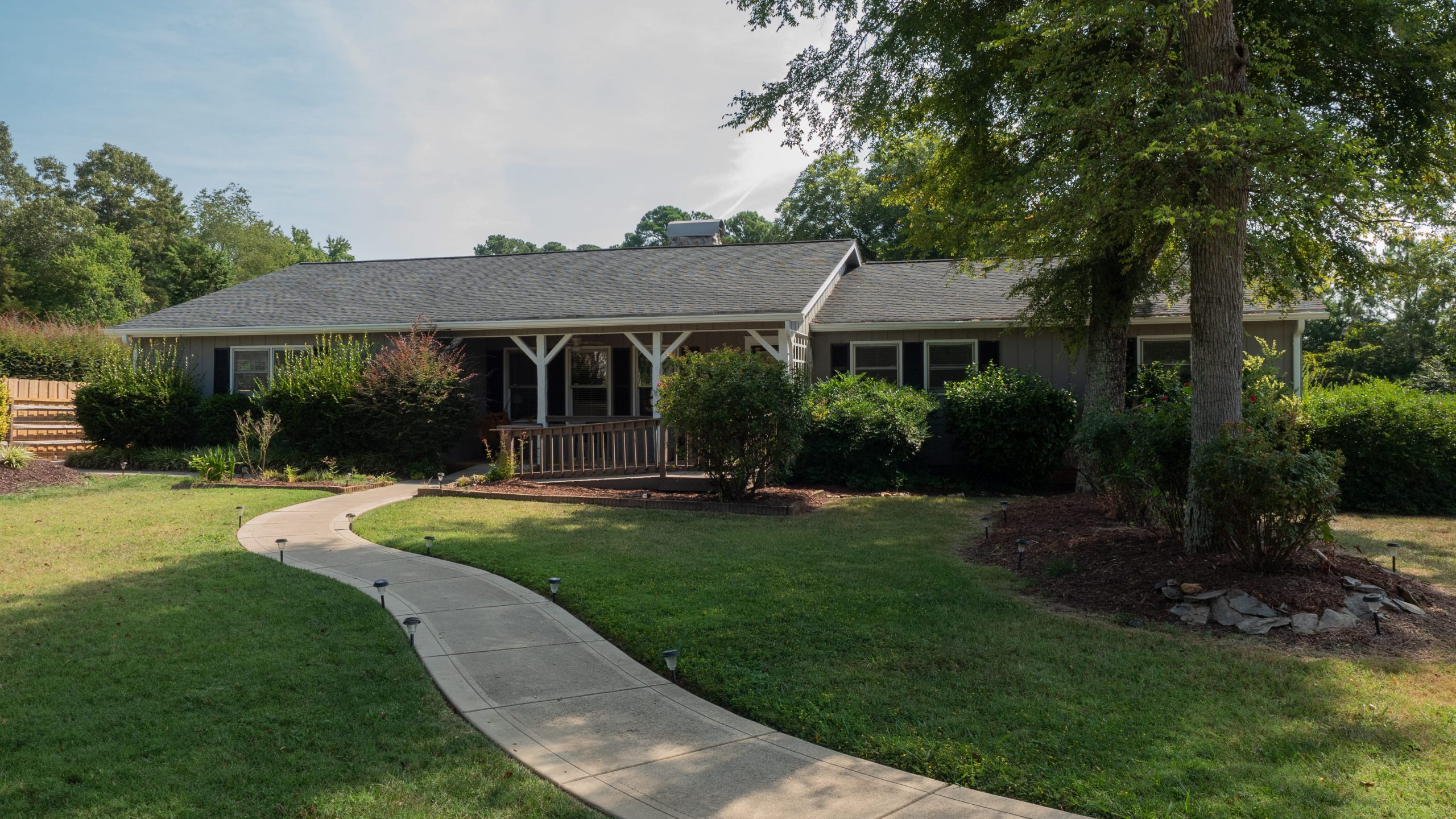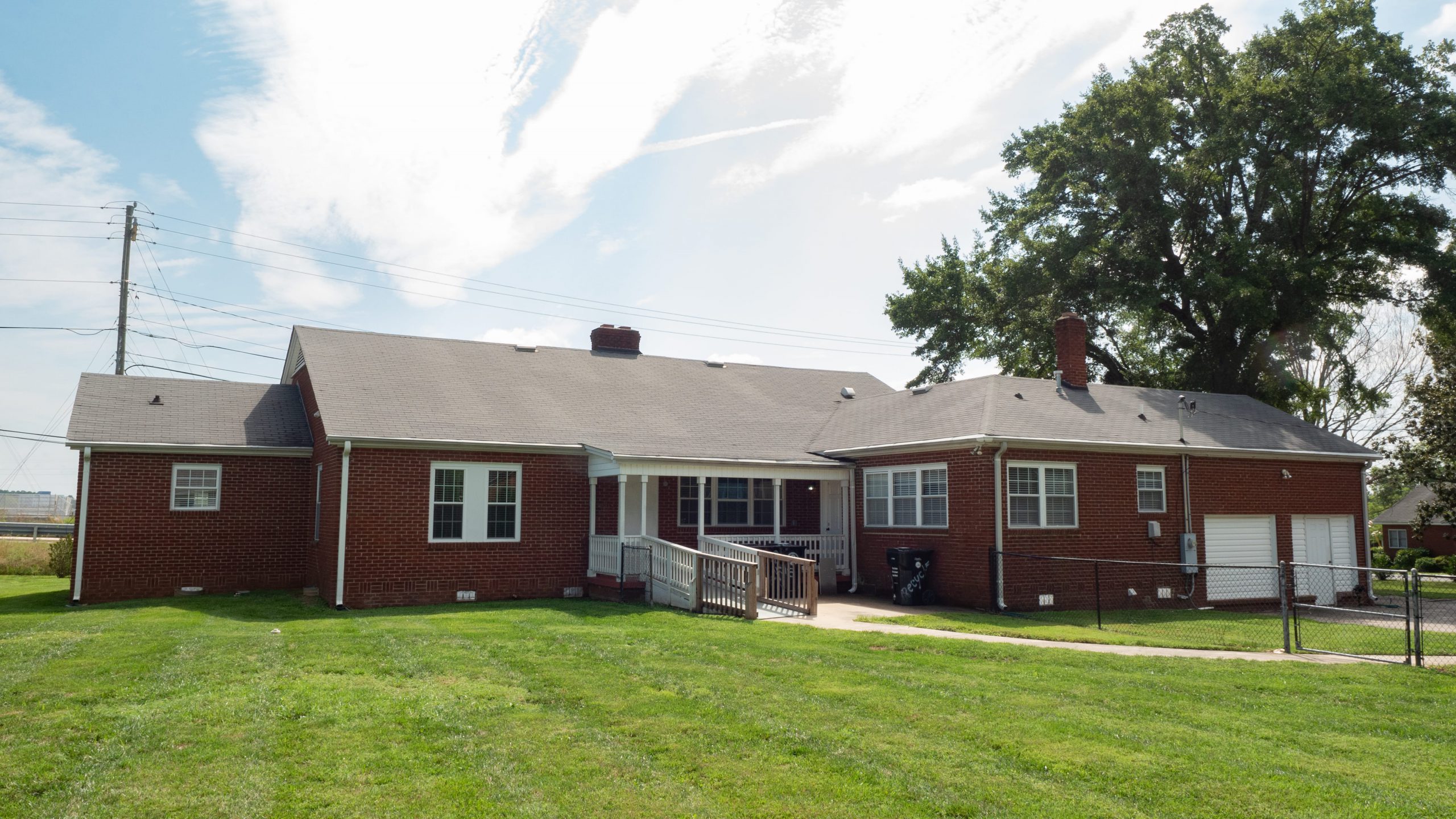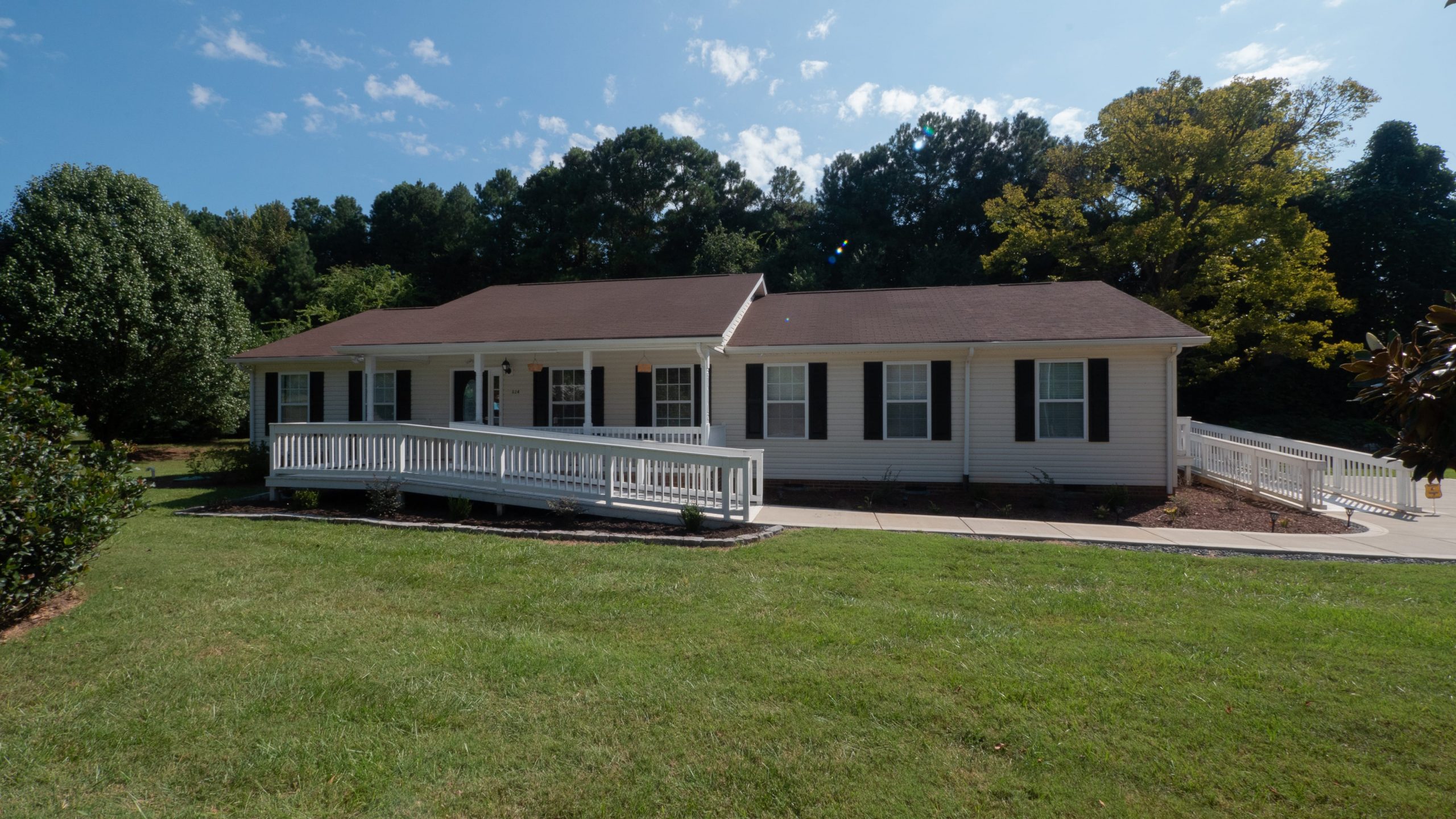Resident-Centered Care Benefits Seniors with Alzheimer’s and Dementia
In the past, many facilities that cared for seniors with Alzheimer’s and dementia were very institutionalized with rigid rules and schedules. As our understanding of the needs of those with memory challenges, like Alzheimer’s, has increased, there has been an increased interest in resident-centered care for these patients.
Resident-centered care recognizes that each person, whether they have dementia or not, is a unique person. The emphasis is placed on that person’s personal preferences with the goal of preserving quality of life and personal dignity. Those who have loved ones with dementia or Alzheimer’s know that there is much more to that person than their diagnosis.
Alzheimer’s and dementia can be challenging to caregivers because these situations often come with challenging behaviors that fly in the face of rules and scheduling. A traditional medical approach to these behaviors would only look at the physical wellbeing of the person and aim to meet goals without much consideration for the personal needs and wants of the person.
Resident-centered care turns this philosophy on its head and aims to understand challenging behaviors and respond to the patient’s need at a given time in each unique context. Resident-centered care works. It has been demonstrated to reduce the frequency of challenging behaviors, reduce the need for inpatient hospitalizations and reduce the usage of psychotropic medications for patients.
In general, care for the elderly has become more focused on personalization and respecting individual autonomy as much as possible. Resident-centered care is making a positive impact on the quality of life of many seniors and their caregivers.




Recent Comments